Het arrangement Health and care - 4KBL - 2019-2020 is gemaakt met Wikiwijs van Kennisnet. Wikiwijs is hét onderwijsplatform waar je leermiddelen zoekt, maakt en deelt.
- Auteur
- Laatst gewijzigd
- 28-10-2019 14:39:25
- Licentie
-
Dit lesmateriaal is gepubliceerd onder de Creative Commons Naamsvermelding 4.0 Internationale licentie. Dit houdt in dat je onder de voorwaarde van naamsvermelding vrij bent om:
- het werk te delen - te kopiëren, te verspreiden en door te geven via elk medium of bestandsformaat
- het werk te bewerken - te remixen, te veranderen en afgeleide werken te maken
- voor alle doeleinden, inclusief commerciële doeleinden.
Meer informatie over de CC Naamsvermelding 4.0 Internationale licentie.
Aanvullende informatie over dit lesmateriaal
Van dit lesmateriaal is de volgende aanvullende informatie beschikbaar:
- Toelichting
- Lessenserie gebaseerd op Stercollectie Health and Care
- Leerniveau
- VMBO kaderberoepsgerichte leerweg, 4;
- Leerinhoud en doelen
- Engels; Lezen; Gesprekken voeren; Luisteren en kijken; Schrijven;
- Eindgebruiker
- leerling/student
- Moeilijkheidsgraad
- gemiddeld
Bronnen
| Bron | Type |
|---|---|
|
oefenen present simple vs present continuous 1 https://www.englishpage.com/verbpage/verbs1.htm |
Video |
|
oefenen present simple vs present continuous 2 https://www.bastrimbos.com/Hotpotatoesfiles/spresvsprescont1.htm |
Video |
Gebruikte Wikiwijs Arrangementen
Slomp, Hanneke. (z.d.).
Health and care - 4KBL - kopie 1
https://maken.wikiwijs.nl/148952/Health_and_care___4KBL___kopie_1



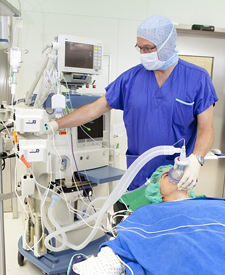
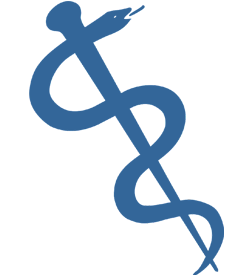


 Components of human health
Components of human health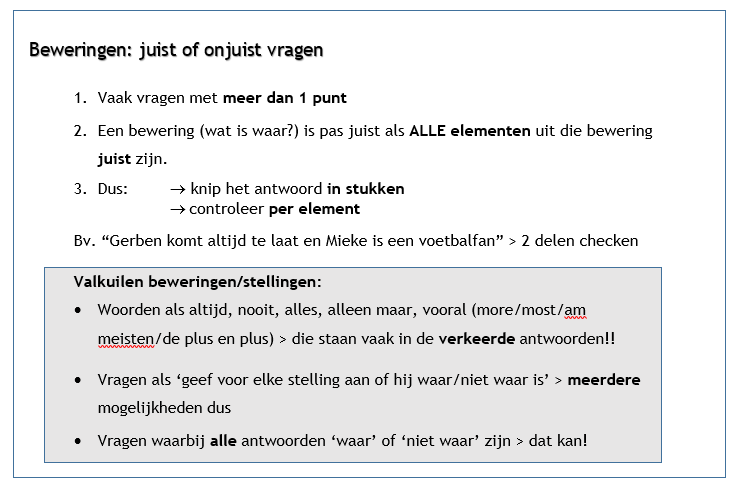




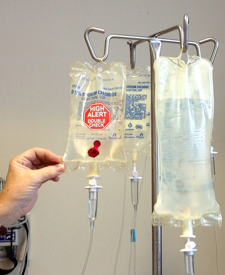
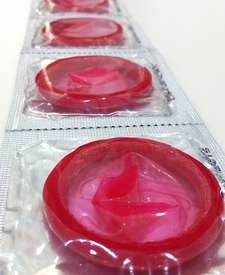

 Bijvoeglijke naamwoorden & bijwoorden
Bijvoeglijke naamwoorden & bijwoorden CSV People for People
CSV People for People
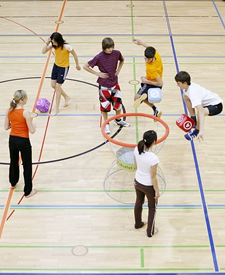
 Mental illness difficult to determine
Mental illness difficult to determine Help needed for obese
Help needed for obese research correlation smoking and concentration
research correlation smoking and concentration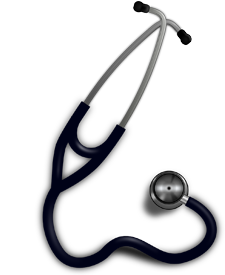 Nursing beyond hospitalwalls
Nursing beyond hospitalwalls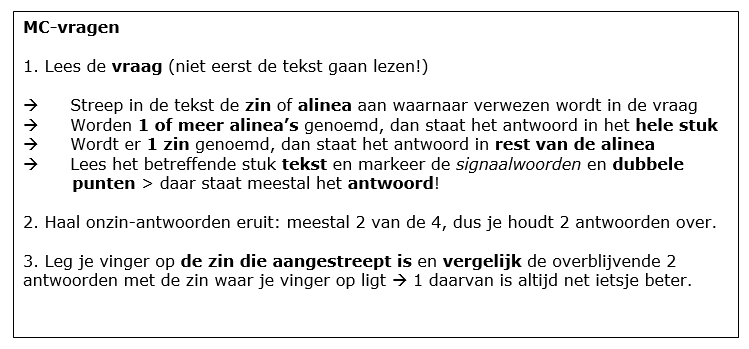


 oefenen present simple vs present continuous 1
oefenen present simple vs present continuous 1

 A new United Nations report has found that healthcare systems across the world are becoming more unequal.
A new United Nations report has found that healthcare systems across the world are becoming more unequal.